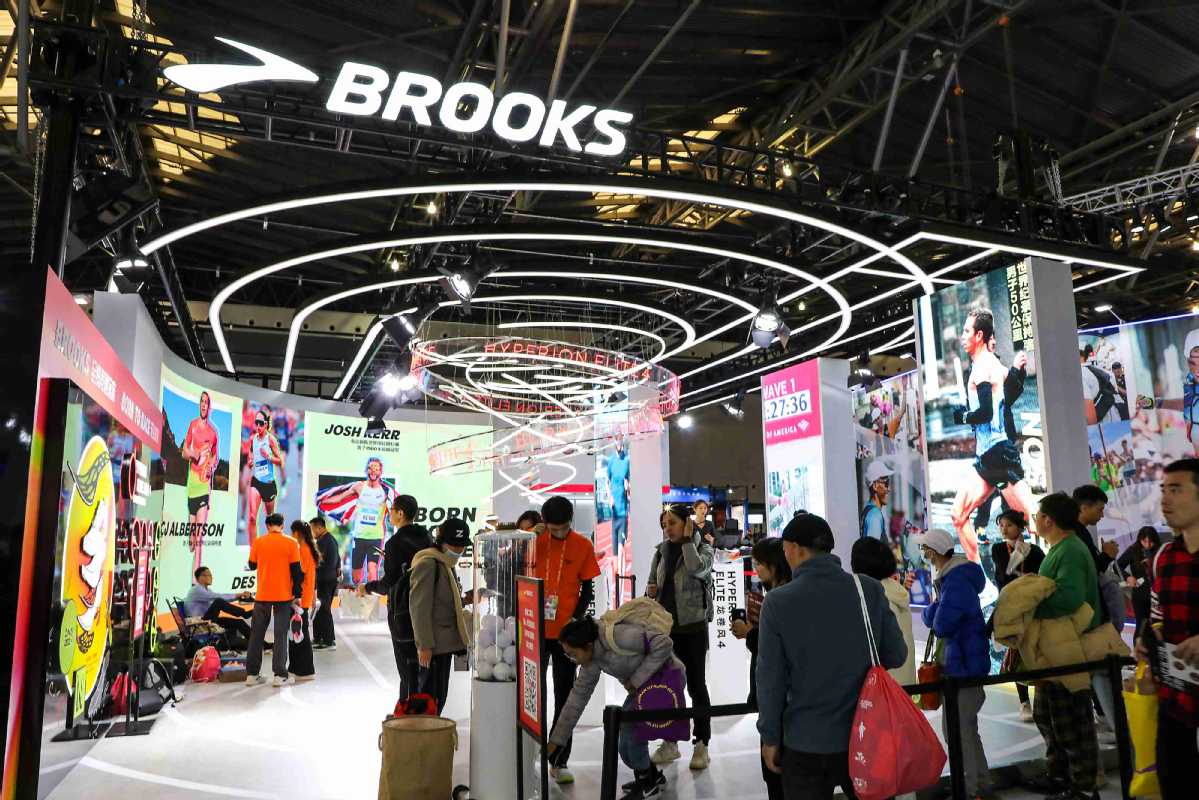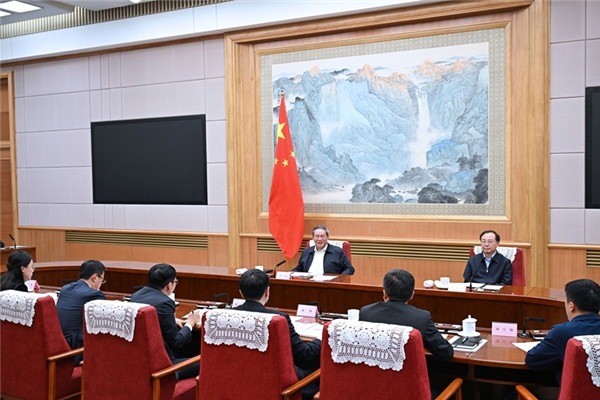First-store economy going full throttle
Debut outlets have become significant channels for generating substantial foot traffic, empowering commercial complexes


As more cities ramp up focus on this new economy, first stores are gradually expanding beyond the traditional first-tier metros like Beijing, Shanghai, Guangzhou, and Shenzhen, to second- and third-tier ones.
For instance, on Jan 1, multinational restaurant chain Domino's Pizza unveiled its first store in Shijiazhuang, Hebei province, witnessing long queues on the opening day.
"In recent years, I've noticed an increasing number of international brands setting up stores in Shijiazhuang. Now, I no longer need to travel to other cities for those brands — I can find everything right here," said a local customer surnamed Wang.
According to data from the city's commerce bureau, over 200 well-known brands have opened their first stores and flagship locations in Shijiazhuang during the past three years. The first stores are primarily located in core commercial districts and shopping complexes, with a focus on food and retail sectors, said Ma Yongning, an official with Shijiazhuang's bureau of commerce.
Similarly, hot pot chain Xiabu Xiabu also opened nine new stores in cities such as Beijing, Shanghai, Hangzhou, and Qingdao during the New Year's Day holiday.
The company, which introduced new products like the "drunken chicken pot" to provide consumers with greater novelty, said it will continue to innovate and improve services during the "golden month" of January and leverage new stores for stronger growth momentum.
However, first stores are rapidly attracting large crowds not only due to the novelty factor of new brands, but also because of the extensive promotions and activities associated with these store openings, said Zhuang Shuai, a visiting consultant at China Chain Store & Franchise Association.
Zhuang added that once the novelty of first stores begins to wear off and the promotional offers end, maintaining consumer interest becomes a challenge.
"After the initial excitement, stores must continue to innovate, ensure a high-quality in-store experience, and regularly promote new products and events to retain customers," Zhuang said. "If the influence of a first store wanes, it will naturally fade from the market."




































